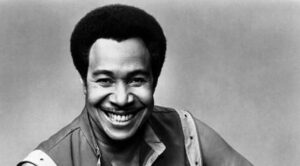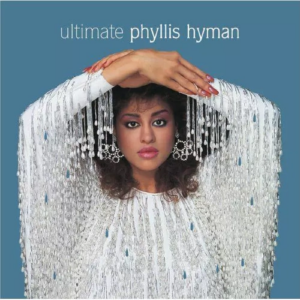 (January 27, 2014) On a night when the Grammy Awards pulled out all the stops to show the world that it celebrates “Same Love,” its broadcast more subtly showed the world that it really celebrates “Same Music.” Grammy leaders’ hands were tired from so much self-congratulation on their embrace of human diversity (33 straight and same sex couples took their wedding vows during the show following the Macklemore and Ryan Lewis performance of “Same Love”), but those same leaders produced perhaps the least musically diverse Grammy Awards in history. It was a great night if you were a country, pop, rock or hip-hop fan (or a fan of Pink’s aerial acrobatics). But if your love was Jazz, Gospel, Latin, Soul or R&B, then, well…not so much.
(January 27, 2014) On a night when the Grammy Awards pulled out all the stops to show the world that it celebrates “Same Love,” its broadcast more subtly showed the world that it really celebrates “Same Music.” Grammy leaders’ hands were tired from so much self-congratulation on their embrace of human diversity (33 straight and same sex couples took their wedding vows during the show following the Macklemore and Ryan Lewis performance of “Same Love”), but those same leaders produced perhaps the least musically diverse Grammy Awards in history. It was a great night if you were a country, pop, rock or hip-hop fan (or a fan of Pink’s aerial acrobatics). But if your love was Jazz, Gospel, Latin, Soul or R&B, then, well…not so much.
In 1989, the Grammys had a 10 minute Gospel celebration featuring the first family of Gospel, the Winans. That seemed like a million years ago last night, when the closest thing to Gospel was the contrived appearance of a choir at the end of the rap performance on “Same Love.” How about classical music? If we’re being generous, classical received a full minute of acknowledgement during the nearly four hour show, when Chinese pianist Lang Lang played a mini tribute to the late Van Cliburn. Latin music? Well, they let Marc Anthony present a rock award, if that counts. And Jazz? You’re kidding, right?
 All told, the “Big Four” selling genres, hip-hop, rock, pop and country, accounted for seventeen full performances during the show. All the other categories together accounted for one. John Legend broke the Grammys’ no hitter with a short version of his song “All of Me.” The only other solace for Soul/R&B fans was seeing Nile Rodgers and Stevie Wonder accompany French popsters Daft Punk on“Lucky,” the evening’s best performance. Ironically, the transcendence of that moment seemed to highlight even more how seminal genres like Blues, Jazz and Soul were otherwise ignored on this night of music celebration.
All told, the “Big Four” selling genres, hip-hop, rock, pop and country, accounted for seventeen full performances during the show. All the other categories together accounted for one. John Legend broke the Grammys’ no hitter with a short version of his song “All of Me.” The only other solace for Soul/R&B fans was seeing Nile Rodgers and Stevie Wonder accompany French popsters Daft Punk on“Lucky,” the evening’s best performance. Ironically, the transcendence of that moment seemed to highlight even more how seminal genres like Blues, Jazz and Soul were otherwise ignored on this night of music celebration.
The Grammys’ stated mission is to “honor excellence in the recording arts and science” by granting awards “to artists and technical professionals for artistic or technical achievement, not sales or chart.” But it was tough to avoid thinking about the charts as the show shunned all but the most mainstream of styles. It was part of a dramatic, conscious shift begun in 2012 to present a new type of Grammy show. Gone was the Grammys as a travelogue through the musical world. In its place arose the Soundscan Grammys, a narrowcast show focused on only biggest stars and the biggest genres, aimed directly at a pretty un-diverse audience: teens and suburbanites. So rock, pop, hip-hop and country moved up, and everything else moved out. If you wanted to see any Jazz, Blues or Classical performances, you had to fire up your computer and watch hours earlier on the web, during a time that we unsophisticated folks in Michigan call “the workday.”
Unfortunately, I’m guessing that the Grammy organizers are feeling pretty good about themselves. For the third straight year, TV ratings for the show were up, even as the Grammys largely gave the middle finger to urban audiences, especially older urban audiences (who openly vented their anger on social media). If the goal of the Grammys has changed, and its purpose now is simply to compete with the ABC and Fox Sunday night lineups for market share, then it succeeded. But if Grammys really intend to give more than lip service to its stated focus on the diversity and breadth of music in this time of unprecedented musical variety, then it was an utter failure. Once the show started, winning artists ranging from Jazz’s Gregory Porter to Soul music’s Lalah Hathaway to Latin star Draco Rosa to Gospel’s dynamic Tye Tribbett were relegated to the cheap seats. And on a night that is designed to spotlight the best modern music has to offer, it became clear that the only way these brilliant, diverse artists were going to get any camera time was if they got to spin Pink’s acrobatic wire.
By Chris Rizik
.









